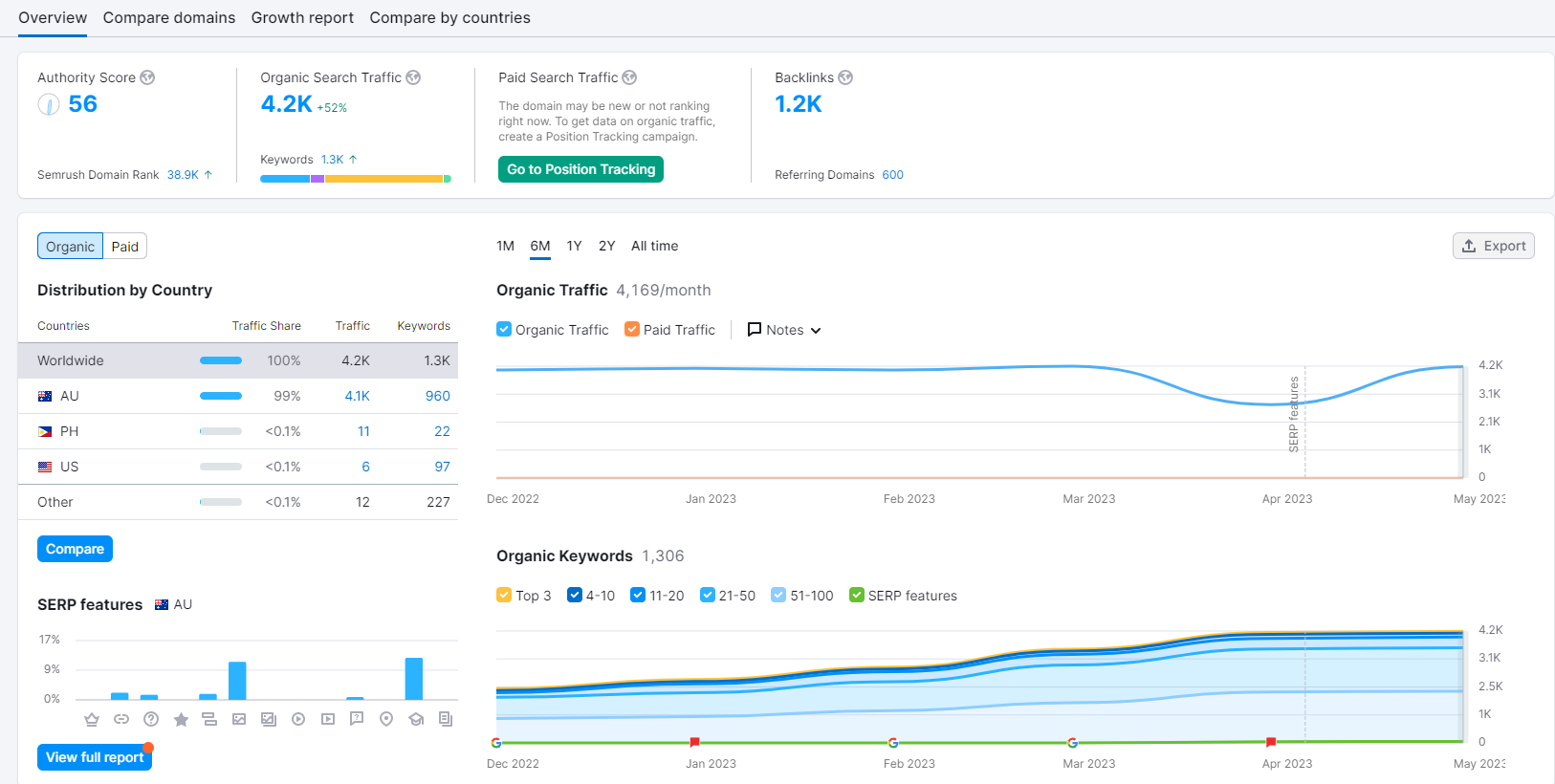Having a strong online presence in today’s digital market competition is crucial for the success of any business or website. And one of the most valuable assets in the online world is organic search traffic.
It’s the traffic that comes to your website through search engines like Google, Bing, or Yahoo without the need for paid advertising. Organic search traffic not only brings in targeted visitors but also tends to be more sustainable and cost-effective in the long run.
TOP 10 Effective SEO Ways to Increase Your Website Organic Traffic
To help you harness the power of organic search traffic, we’ll explore some of the most effective SEO strategies and tactics that can elevate your website’s visibility and rankings in search engine results pages (SERPs).
By implementing these techniques, you can attract more organic traffic and potentially boost your online presence.
Keyword Research and Optimisation
Start by conducting comprehensive keyword research to identify relevant keywords and phrases in your niche. Use tools like Google Keyword Planner or SEMrush to find high-traffic and low-competition keywords. Once you have a list, strategically incorporate these keywords into your website’s content, including titles, headings, and body text. Avoid keyword stuffing; instead, focus on creating valuable, informative content that naturally includes these keywords.
High-Quality Content Creation
Content is king in the world of SEO. Create engaging, informative, and relevant content that caters to your target audience’s needs and interests. Regularly update your blog with fresh content, covering a variety of topics related to your industry. Well-researched, in-depth articles tend to perform better in search results and can establish your website as an authority in your niche.
On-Page SEO Optimisation
Optimise your website’s on-page elements, such as meta titles, meta descriptions, and header tags. Ensure that your meta tags accurately reflect the content of your pages and include your target keywords. Additionally, improve the user experience by optimising page load times, ensuring mobile-friendliness, and creating clean and user-friendly URLs.
Mobile Optimisation
With the majority of web traffic coming from mobile devices, it’s crucial to have a mobile-responsive website. Google considers mobile-friendliness as a ranking factor. Therefore, make sure your website is responsive and provides an excellent user experience on smartphones and tablets.
Quality Backlinks
Acquiring high-quality backlinks from authoritative websites can significantly boost your website’s SEO. Focus on building relationships with other websites in your industry, guest posting, and creating shareable content that naturally attracts links. Remember that the quality of backlinks matters more than the quantity.
Technical SEO
Pay attention to technical aspects of your website like XML sitemaps, robots.txt files, and canonical tags. Ensure that search engine crawlers can easily navigate and index your site. Use tools like Google Search Console to monitor and resolve any technical issues that may hinder your website’s performance in search results.
Local SEO
If you have a physical business or serve a local audience, optimising for local SEO is essential. Create and verify your Google My Business profile, solicit reviews from satisfied customers, and ensure your NAP (Name, Address, Phone Number) information is consistent across all online directories and platforms.
Social Media Integration
Social media can indirectly impact your website’s organic search traffic. When you share your content on social platforms, it can generate user engagement, increase brand visibility, and potentially lead to more shares and backlinks, which can positively influence your SEO efforts.
Regular Content Updates
Keep your existing content fresh and relevant by periodically updating and republishing it. Search engines favour websites that provide up-to-date information. Update statistics, refresh images, and make necessary revisions to maintain the quality of your content.
Monitor and Analyse Performance
Use tools like Google Analytics and Google Search Console to monitor your website’s performance regularly. Analyse key metrics such as organic traffic, bounce rate, click-through rate, and conversion rates. By understanding how users interact with your site, you can identify areas that need improvement and fine-tune your SEO strategy accordingly.
By implementing these effective SEO strategies and tactics, you can enhance your website’s visibility in search engine results and attract more organic traffic. Remember that SEO is an ongoing process, and staying up-to-date with industry trends and algorithm changes is essential to maintain and improve your organic search rankings over time.
Hand Picked Articles















